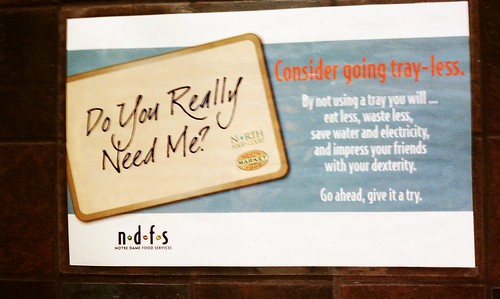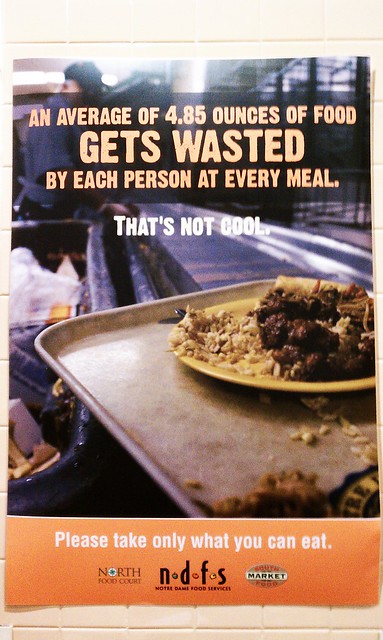It’s neat to find a conference attracting practitioners of composting, anaerobic digestion, and other organic recycling schemes. BioCycle’s Global 2011 in San Diego is just that.
There’s plenty of talk of separating organics from the waste stream, air emissions from composting, and the carbon cap-and-trade system. There was even a very public debate about land application of biosolids.
Discussion on vermiculture has been robust. I’ve talked with worm composting experts from the Dominican Republic, Mexico, Hawaii and…my hometown of Durham.
I was on a panel with Jeremy Seifert, the director of Dive!, and John Owens of Forgotten Harvest. The good news is that three people passionate about preventing food waste got to share their ideas with this crowd. The challenge is that we are in the vast minority here.
The real attention and money at BioCycle goes toward how to better process our organic waste, not on how to reduce waste creation or feed people with excess food. That’s not too surprising, as both of those actions require people modifying their behavior. But it needs t0 change.
There’s certainly a need for the attention on keeping organics from landfills. My goal is for food waste reduction to have a place at the table and an increased place at that. We shall see…



 That cheapness has a real impact–we don’t tend to value that which is inexpensive. And by most any definition, something that’s 7 percent of our budget is cheap. And each individual item is only a fraction of that percentage, providing little economic incentive not to waste.
That cheapness has a real impact–we don’t tend to value that which is inexpensive. And by most any definition, something that’s 7 percent of our budget is cheap. And each individual item is only a fraction of that percentage, providing little economic incentive not to waste.